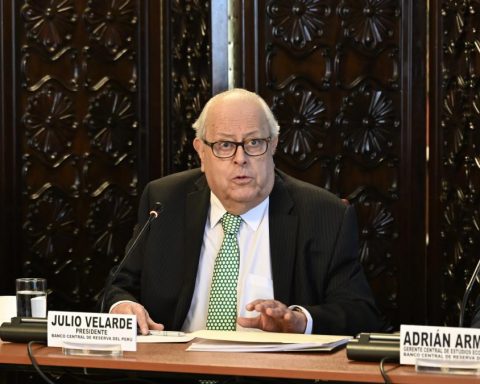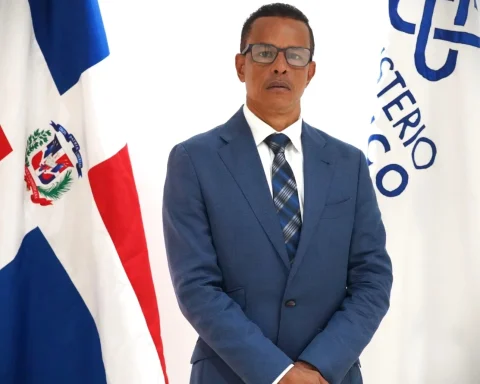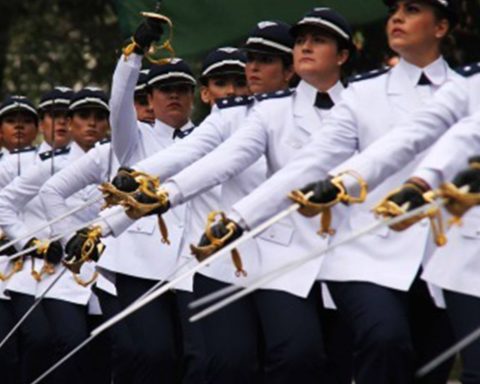Havana Cuba. — At the end of the 1970s and well into the 1980s, when the Castro regime decided to introduce sex education in Cuba, the approach given was very different from the one advocated today, particularly with the so advanced in some aspects Family Code that it intends to impose today.
No matter how hard it tried to hide it, the education that the National Working Group on Sex Education wanted was still heteronormative, patriarchal and discriminatory towards homosexual people.
Although the UMAP and parameterization had been left behind, and the police raids against gays were no longer so systematic, the character of the regime was still strongly sexist and homophobic.
Let us remember that in the summer of 1980, when the Mariel exodus“faggot” was one of the most used insults in repudiation rallies, and it was enough to declare to the police that you were homosexual so that, whether it was true or not, they would mark you as “scum” and after having to endure humiliation and harassment , they will put you on a boat to Miami.
The fact that the National Working Group on Sex Education ―created in 1977 under the direction of Dr. Celestino Álvarez Lajonchere and which in 1989 would become the National Center for Sex Education ( CENESEX)― sought the advice of Dr. Monika Krause and other specialists from the German Democratic Republic (GDR, East Germany), which was one of the communist countries where homosexuality was less rigorously repressed.
Between 1979 and 1981, two books on sexuality by East German authors were published in Cuba that aroused great interest among a population that was eager for information on topics that until then had been taboo in a society that remained prudish despite changes in customs determined by the “revolutionary morality”.
those books were The man and the woman in privacy, by Siegfried Schnabl, published in 1979 by the Scientific-Technical Publishing House; Y Do you already think about love?by Heinrich Bruckner, published in 1981 by Editorial Gente Nueva. In both volumes, by translating them from German to Spanish, the Cuban publishers totally distorted what the authors said about homosexuality.
This was more marked in Bruckner’s book. chapter 12 of Do you already think about love? it was modified at the express request of the National Working Group on Sex Education, the Ministry of Education and a permanent commission on child care of the National Assembly of People’s Power.
The modifications made reinforced homophobic prejudices and stereotypes, by speaking of “sexual deviations” and ruling that homosexuals, although they could function in society as well as other people and make social contributions just like heterosexuals, “in reality they could not be as happy as married people”.
But what is worse, the Cuban version of chapter 12 emphasized what it considered “abnormal and degrading practices” and “neurotic, scandalous and antisocial behavior.”
In the second editions of Do you already think about love? Y The man and the woman in privacywhose revisions were entrusted to Dr. Monica Krause, made changes again, in this case to attenuate the markedly prejudiced and homophobic character of the texts.
In the newly rewritten chapter 12 of Do you already think about love? It was admitted that the rape of minors had no causal relationship with homosexuality and it was pointed out that homosexual people had as much right as heterosexuals to be respected and enjoy their sexuality.
And in the second edition of The man and the woman in privacy, made in 1989, ten years after the first, left intact the Schnabl criteria, which stated that there could be no cure for homosexuality because it was not a disease, and that homosexuals should not be criticized or pressured to change their orientation but should be supported to lead full and happy lives. And for more, they left unchanged Schnabl’s criticism of social prejudice and “institutionalized discrimination” against homosexual people.
However, changes in the resistant official attitude towards homosexuality were very slow, and reluctant. just take a look at The sex education of the young generationa 1985 manual of the Union of Young Communists (UJC), where there are only two references to homosexuality: one to talk about “the diseases transmitted by people with disturbed social behavior, such as homosexuals”, and the other, to remember that article 135 of the Penal Code then in force severely punished homosexual acts with minors under 16 years of age.
Still in 1989, the approach of the book published by Editorial Gente Nueva was openly heteronormative, exclusive and discriminatory. Let’s talk frankly about love by Aloyma Ravelo García, with the advice of the sexologists Monika Krause, Elsa Gutiérrez Baró and Dr. Celestino Álvarez Lajonchere himself, who directed the National Working Group on Sex Education.
These memories are very timely in times when Mariela Castro and CENESEX intend to be the standard-bearers of the people of the LGBTIQ+ community, as long as they unconditionally commune with the regime.
OPINION ARTICLE
The opinions expressed in this article are the sole responsibility of the issuer and do not necessarily represent the opinion of CubaNet.
Receive information from CubaNet on your cell phone through WhatsApp. Send us a message with the word “CUBA” on the phone +1 (786) 316-2072, You can also subscribe to our electronic newsletter by giving click here.
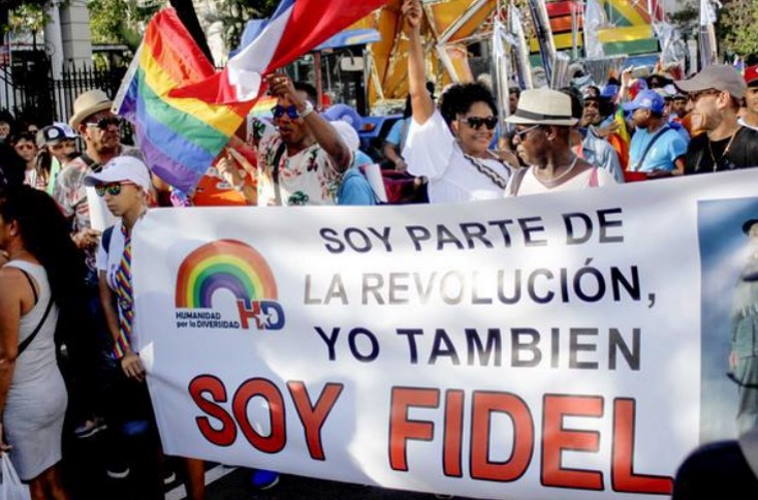





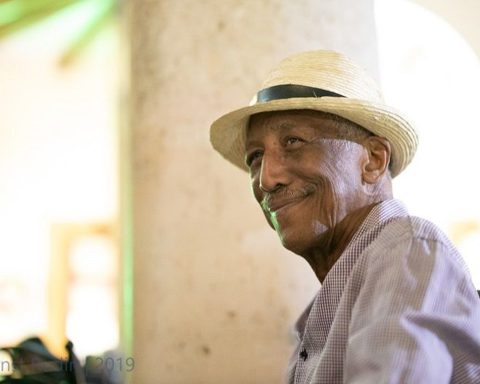





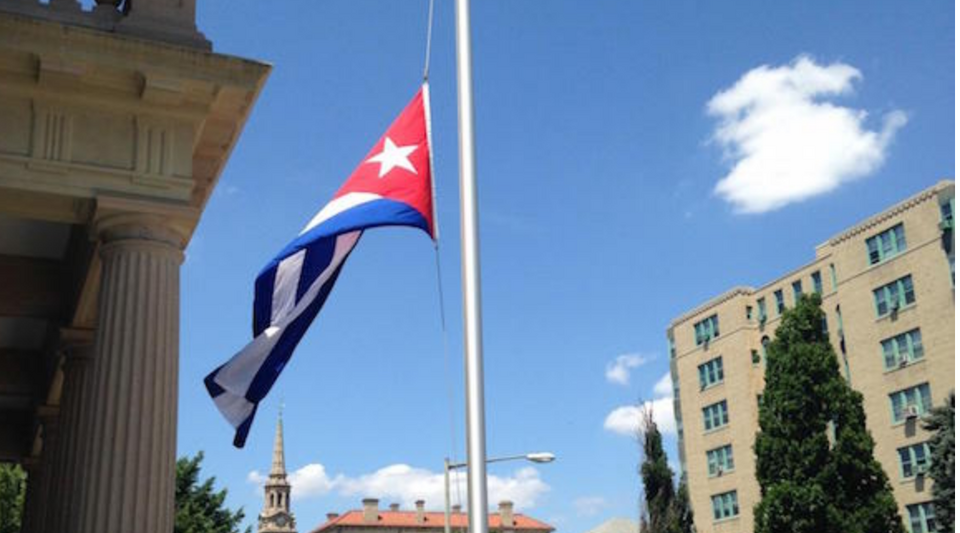
![[Video] Rigoberto Urán showed how he feeds his little daughter: they all ended up smeared [Video] Rigoberto Urán showed how he feeds his little daughter: they all ended up smeared](https://latin-american.news/wp-content/uploads/2022/05/Video-Rigoberto-Uran-showed-how-he-feeds-his-little-daughter-1024x697.jpg)
